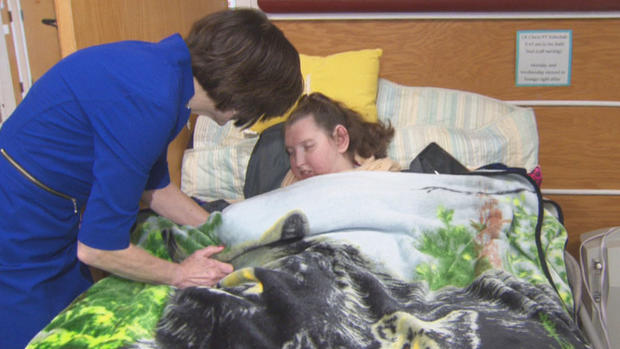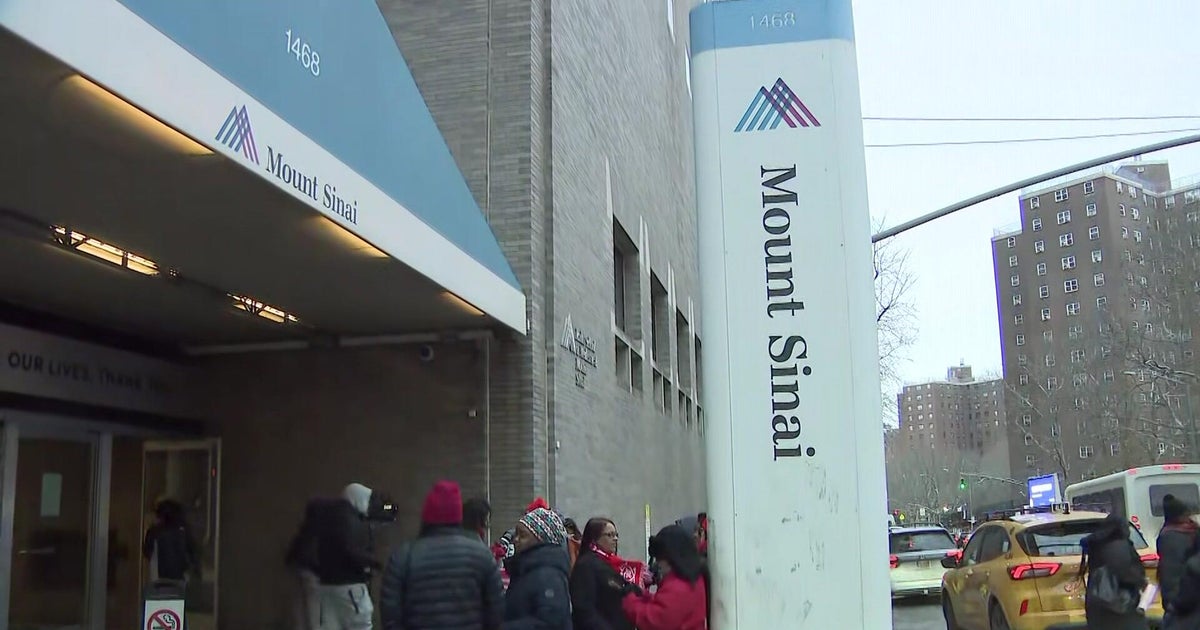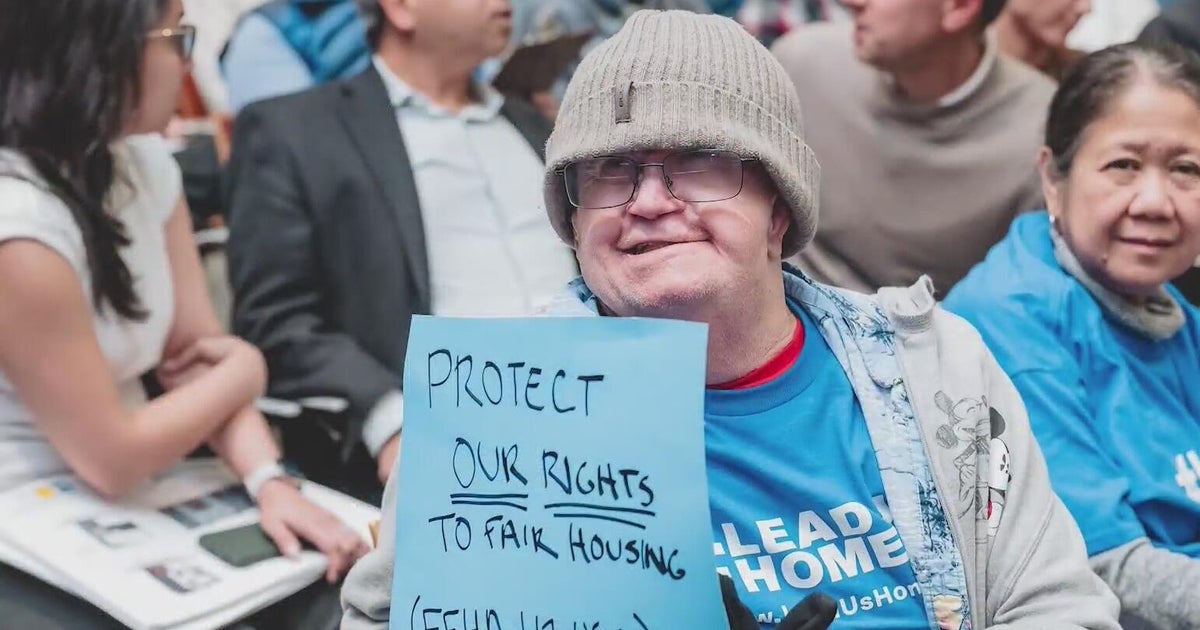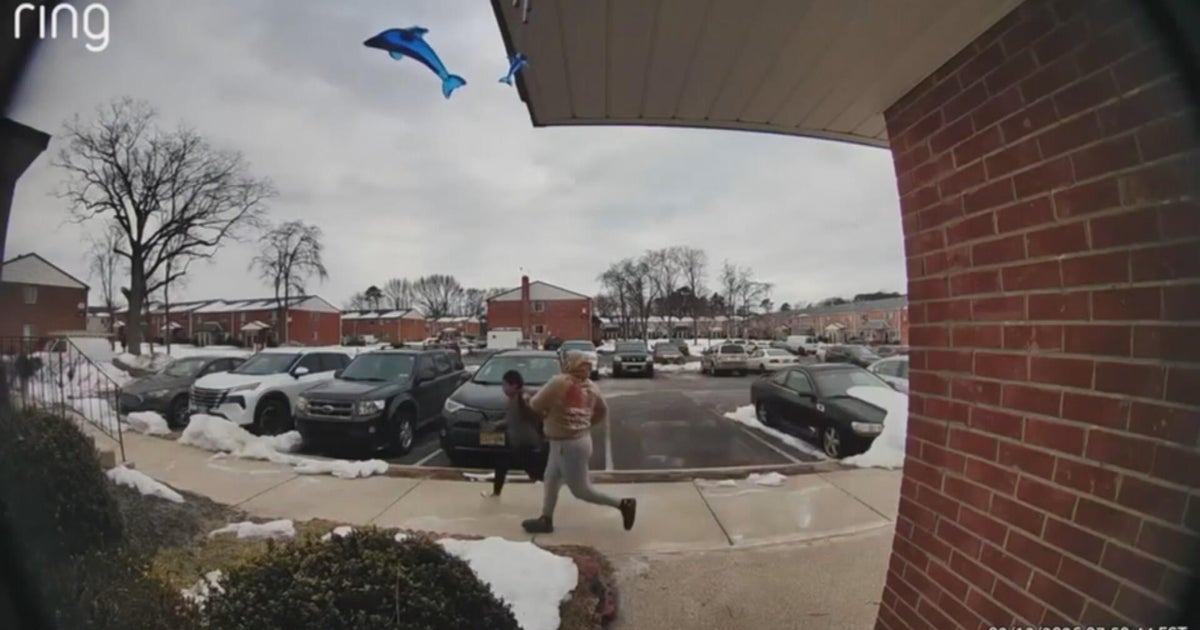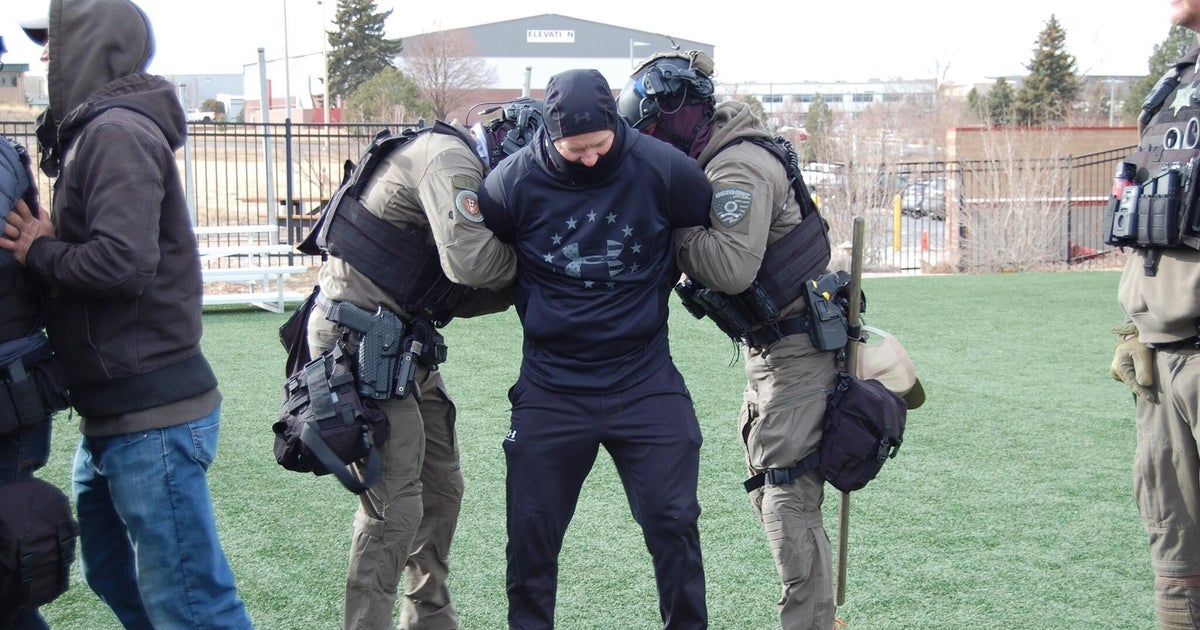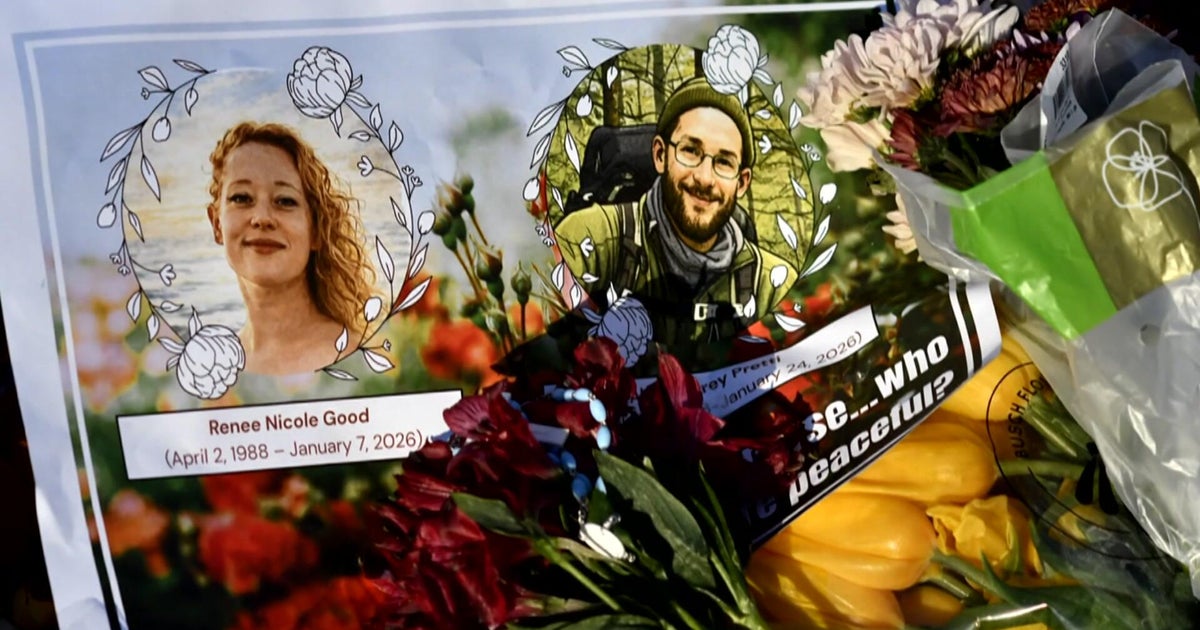Legislation Would Help Provide Special Needs Training For Future Doctors And Nurses
BOSTON (CBS) – There is an effort underway on Beacon Hill to provide more access and better care for people living with disabilities. The bill is called Operation House Call and advocates want to teach the next generation of medical professionals about treating people with special needs.
Several lawmakers support the proposed law that would create a program for medical and nursing students to get clinical training with people living with Autism and intellectual and development disabilities.
Parent Janet Rico also supports the effort. Her 28-year-old daughter Lauren requires constant care. Lauren is currently in a day program at The Arc of South Norfolk where trained staff take care of her medical needs. However, early on in Lauren's life, the Ricos had a hard time finding basic care for her.
"These are things that kind of stick with me," recalled Janet. "Do you really want me to clean her teeth? I've had providers say, 'Well can't you just get her up on the scale?' To be honest, I cried afterward."
Hundreds of Massachusetts families trying to navigate the complexities of medical care go through similar situations. Maura Sullivan has two sons with Autism. She remember the pain of an emergency room visit with her son Neil.
"This man just pointed at me and said, 'You ought to have to get a muzzle on that thing,' and you know, my heart dropped out."
That first-hand interaction and the countless stories she has heard from other families, helped fuel Sullivan's work at The Arc of Massachusetts to pass Operation House Call. She explained that there simply are not enough doctors willing to take on patients with disabilities.
"We're finding out that they just don't feel equipped. That they just don't feel they've been trained."
The bill Maura Sullivan is working on passing would fill a gap and provide real-life training to medical and nursing students before they are out in the field. Right now, there is no such requirement.
"It allows doctors to actually have an experiential component," explained Sullivan. "They go out and meet with families and they spend time learning about what life is really like living with autism or living with other disabilities."
Other families, like the Ricos, says they have seen how this kind of exposure works.
"Her primary care provider came to the house yesterday from Marlboro to see her with a medical student," Janet Rico said of her daughter's care provider. "That's the thing that makes me so excited, that people want to make a difference."
Right now, five medical and nursing schools in the Boston area are teaching these kinds of classes and about 4,000 medical professionals have been trained through the program since 2010. This year alone, more than 700 students have participated.
